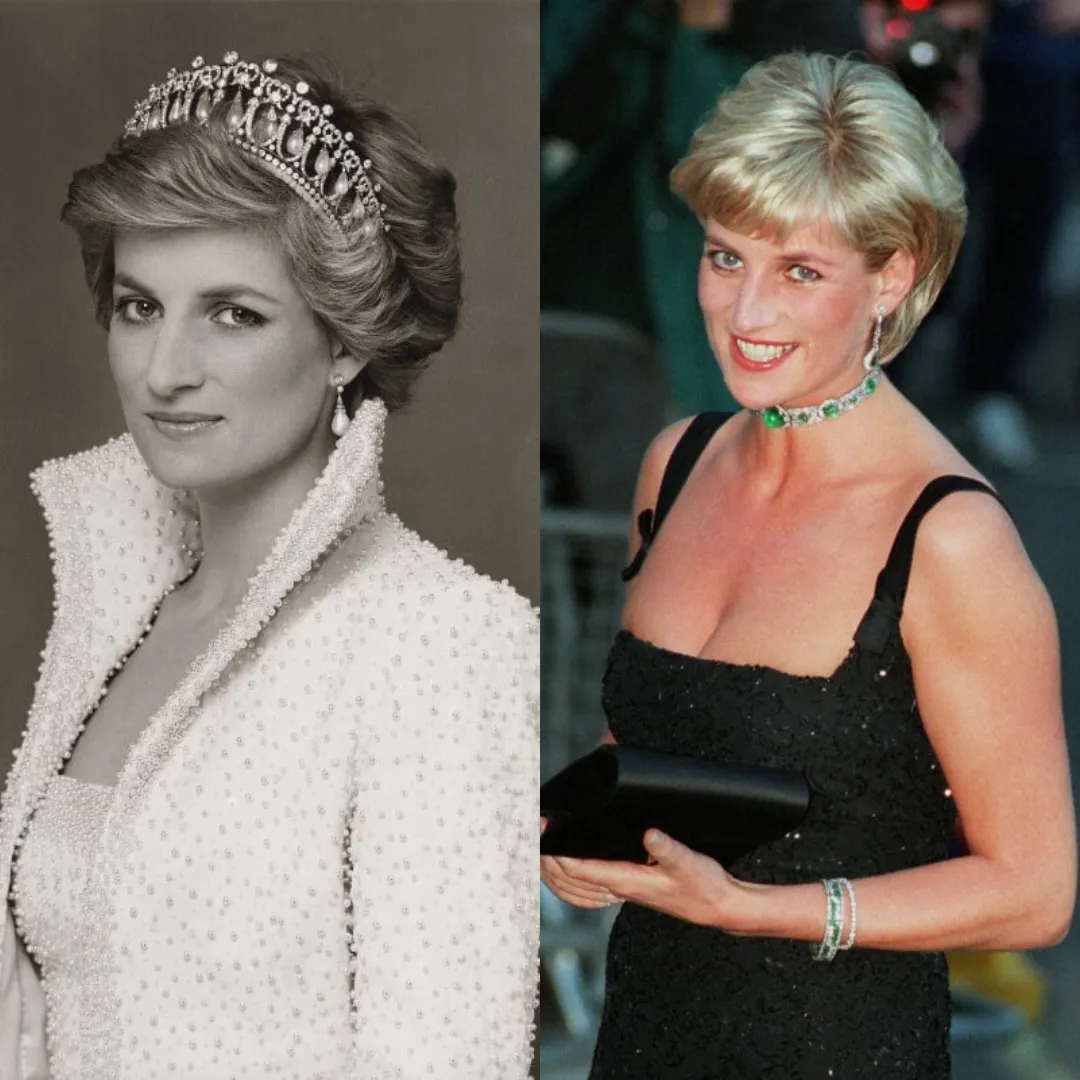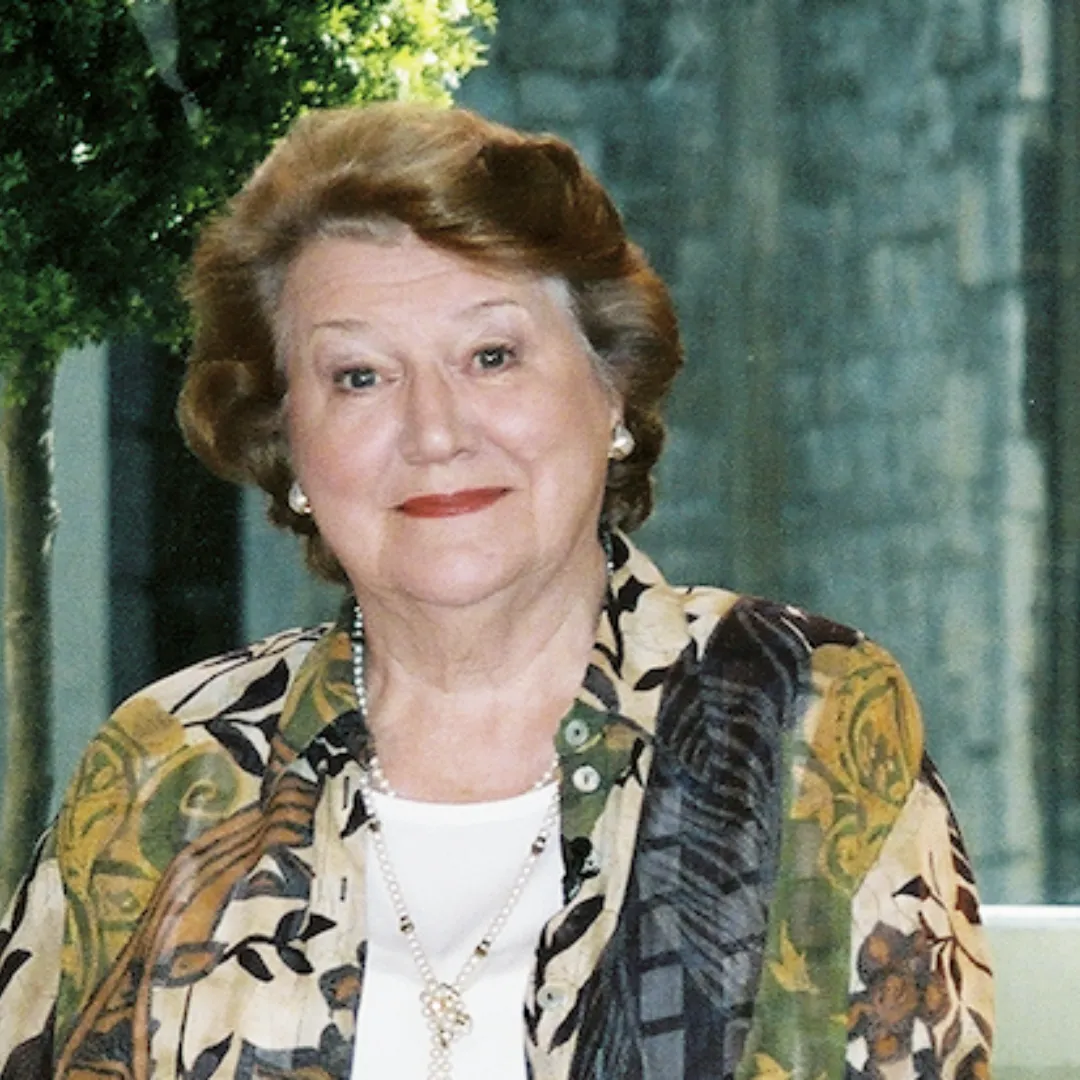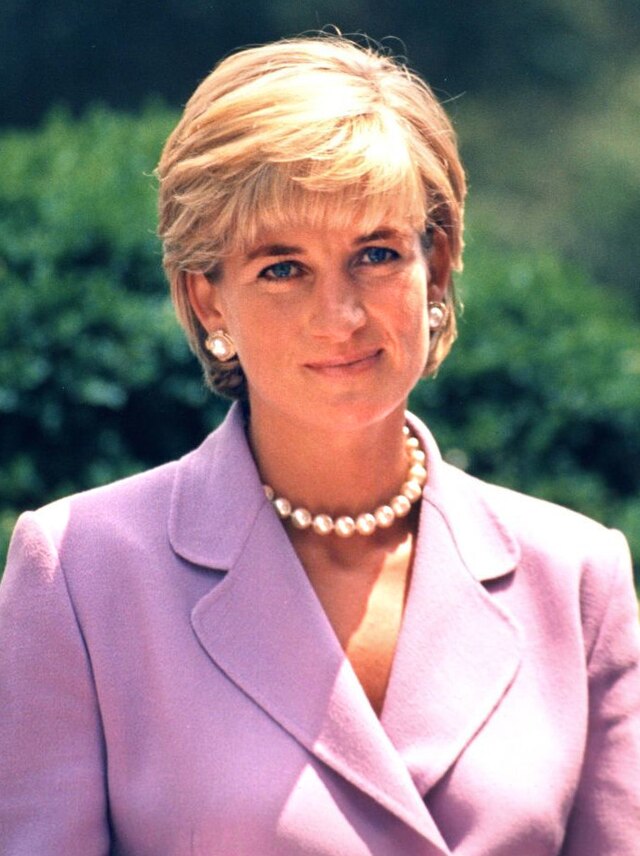
Prince Harry has candidly revealed that he turned to heavy drinking and drug use as a way to cope with the emotional pain of losing his mother, Princess Diana. Speaking in an emotional interview with Oprah Winfrey, the Duke of Sussex detailed the struggles he faced in his late 20s and early 30s, particularly regarding his mental health and the pressures of royal life.
The interview was part of “The Me You Can’t See,” a mental health documentary series co-created by Harry and Winfrey for Apple TV+. The series aims to break the stigma surrounding mental health and features various public figures sharing their personal experiences.
Harry admitted that for years, he bottled up his emotions about Diana’s tragic death in 1997. Just 12 years old at the time, he found himself growing increasingly frustrated by the lack of open discussions about his mother’s passing. “I was so angry with what happened to her,” he shared. “But nobody around me was really talking about it.”
As he entered adulthood, the weight of his unresolved grief, combined with the pressures of being a royal, became overwhelming. Between the ages of 28 and 32, Harry said he suffered from severe anxiety and panic attacks. This led him to engage in self-destructive behavior, including excessive drinking and drug use.
“I would drink a week’s worth of alcohol in a single night,” he confessed. “Not because I was enjoying it, but because I was trying to mask something.” He further admitted that he was willing to experiment with anything that could help numb his emotions. “I was willing to drink, I was willing to take drugs. I was willing to do anything to stop feeling the way I was feeling.”
During his years as a young royal, Harry was frequently seen as the rebellious prince, often making headlines for his party lifestyle. His struggles were widely covered by the British tabloids, but the deeper reasons behind his behavior remained largely unknown until now.
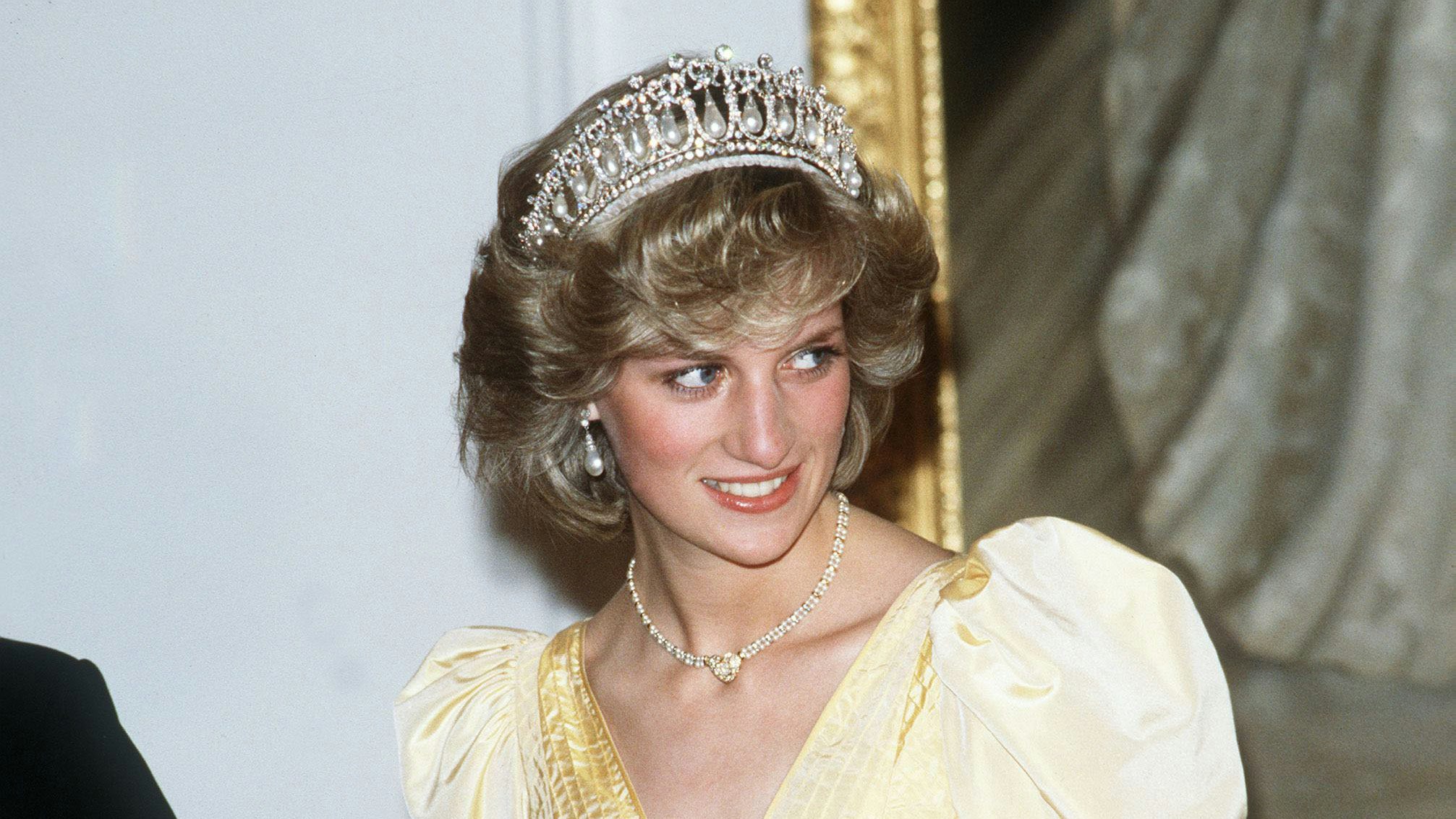
Harry’s decision to speak openly about his mental health struggles is a rare move within the royal family. The monarchy has traditionally been private about personal matters, but Harry and his wife, Meghan, have chosen to take a different approach since stepping back from their royal roles in 2020.
Since moving to California, the couple has been vocal about the difficulties they faced within the royal institution. Harry has previously stated that remaining in his royal role was damaging to his mental health. “I made the decision to step away because I could see where this was going, and it was destroying me,” he explained.
His wife, Meghan, also opened up about her own struggles during a highly publicized interview with Winfrey in March. She revealed that she had suicidal thoughts while pregnant with their son, Archie, due to the pressures and scrutiny she faced.
Harry’s participation in the Apple TV+ series is another step in his commitment to raising awareness about mental health. In addition to his own story, the documentary features accounts from celebrities such as singer Lady Gaga, actress Glenn Close, and NBA player DeMar DeRozan, all of whom share their experiences with mental health challenges.
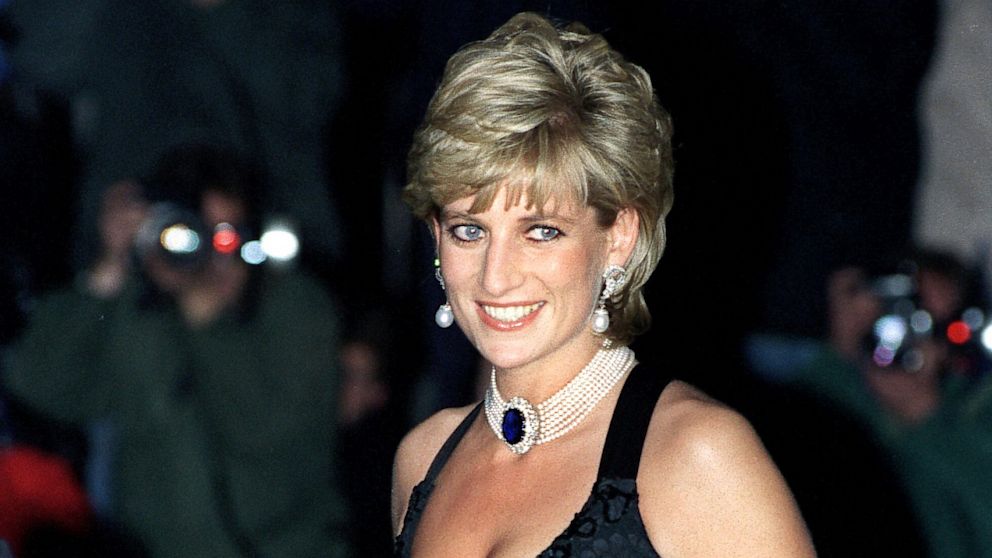
Despite ongoing tensions between Harry and the royal family, he briefly reunited with his brother, Prince William, last month in the UK for the funeral of their grandfather, Prince Philip. The reunion sparked speculation about whether the brothers could mend their strained relationship, though no official statements were made regarding their interactions.
Harry’s openness about his struggles marks a significant departure from traditional royal silence on personal matters. His candid discussions about mental health reflect his commitment to creating meaningful change and encouraging open conversations on the subject.
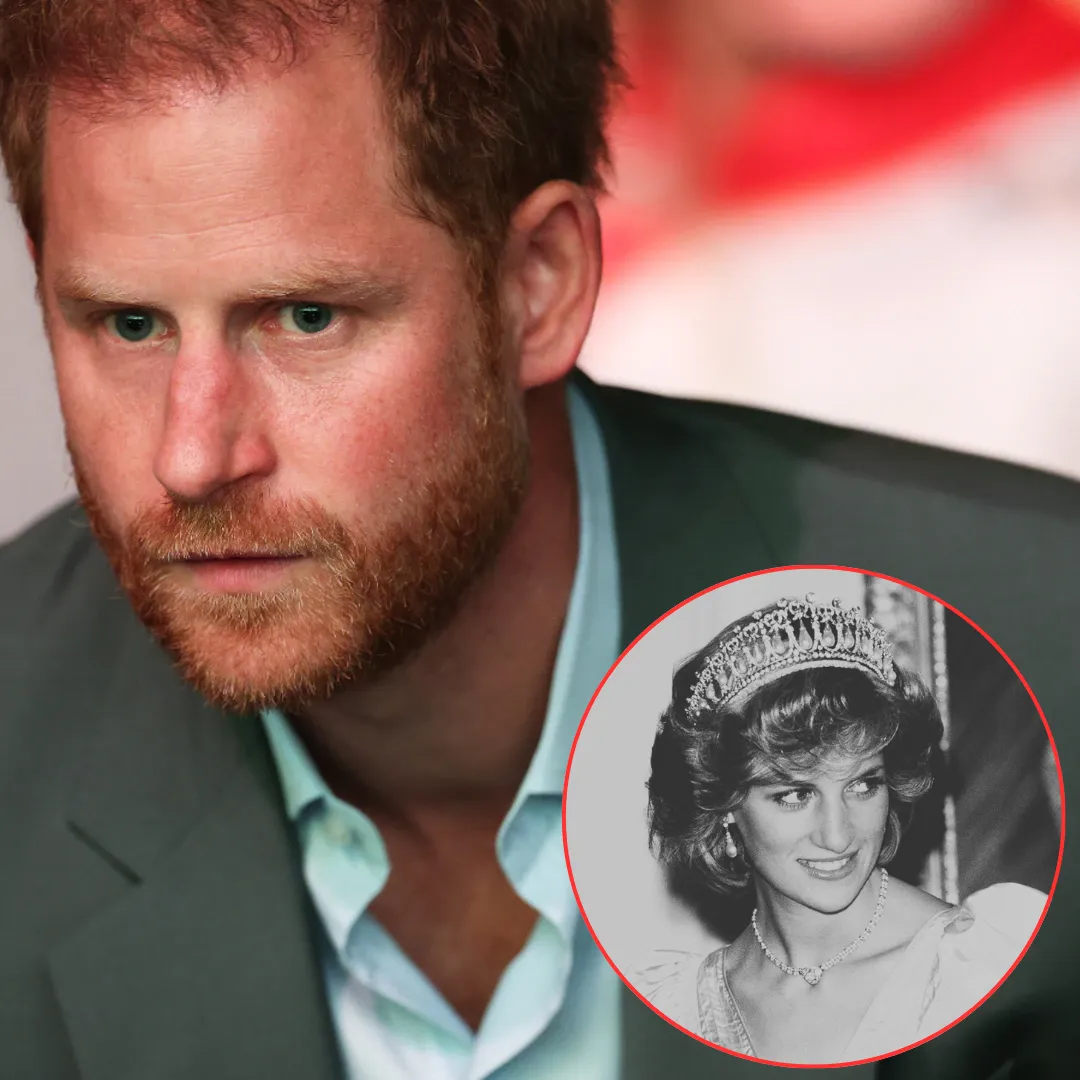
-1751461516-q80.webp)
